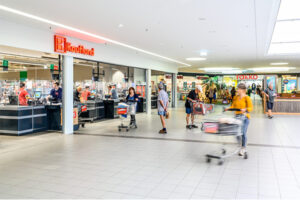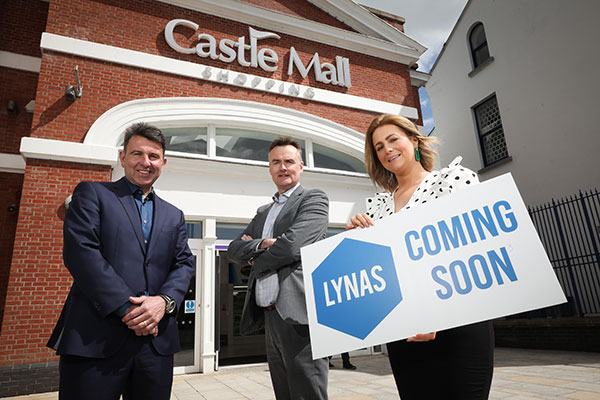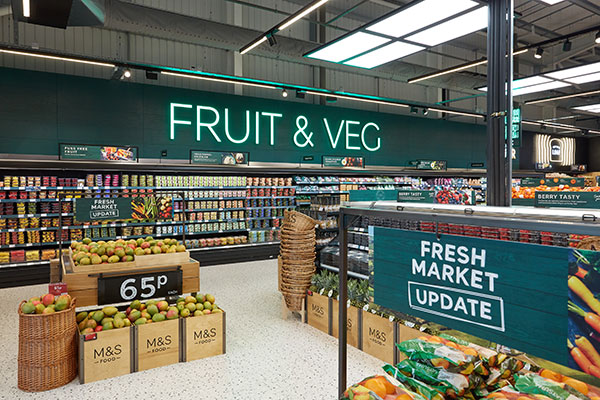Delivery offers no competition despite increasing importance
According to a recent 2021 study by the EHI Real Estate Institute, more than 50 different 24/7 store formats are currently prevalent in the retail market and are sometimes still being tested. These formats include self-scanning concepts, vending machine stores or hybrid concepts that are only partially staffed.
Similarly, the delivery services offered by established providers such as EDEKA and REWE are gaining in importance in more rural but also all central locations. Likewise, the food retail delivery service formats trimmed for speed such as Gorillas, Flinck, etc. – however, from today’s perspective, these innovative and new concepts can only function in highly dense urban areas or even niches.
“However, the formats do not currently represent competition to a fully-fledged stationary food retail location due to the limited delivery logistics with regard to the limited weight as well as the partly necessary cooling chain,” says Uwe Trocha, retail real estate consultant at the Robert C. Spies Unternehmensgruppe. Moreover, the logistics costs are only approximately covered by low margins in food retailing.
“Nevertheless, we are registering more inquiries for rental space, which fits in with the fact that the market share of food retail fast delivery services is visibly and continuously growing.”
In the context of delivery service opportunities, the development of temperature-controlled logistics, refrigerated and frozen logistics, is also taking place with underestimated dynamics and fundamentally requires a high and specialized expertise. “However, these trends will not have any real impact on the development of returns on the investment market for retail real estate in the future,” believes Uwe Trocha.
Noticeable increase in demand from investors
The rising boom in online retail in the food retail sector is certainly also attributable to the Corona pandemic but will possibly be able to generate a maximum of 5 percent of total food retail sales in Germany in the medium term and will therefore not have any significant impact on stationary retail.
Thus, the German investment market for retail real estate, especially for food-anchored properties, remains extremely attractive, even for international investors. “We are noticing a significant increase in demand from investors,” reports the retail real estate investment expert, adding, “However, this run is really only noticeable in the food retail sector and in food retail anchored retail parks, whereas in the area of shopping centers or high-street properties, demand is selective.” Demand exceeding supply here currently amounts to a volume of around €4 billion.
Differentiated development of returns
The high demand leads to a currently strong positioning of the asset classes. Particularly during the corona pandemic, this asset class has shown a high level of resilience, which consequently represents a guarantee for an investment with low risk. However, the returns in the submarkets are to be strongly differentiated. The B and C markets essentially show a sideways movement. “Here, we are seeing only isolated increases in the sales factors,” says the real estate expert. The TOP locations in the A cities, on the other hand, show a differentiated yield compression, with portfolios in particular recording different markups and thus also yield reductions. “The background is that new investors are also active on the market, who are not only looking for a high yield,” registers Trocha.
Yields of factors in the amount of 30-fold and more, on the other hand, are the absolute exception in, without exception, very selective prime locations of the TOP-5 cities with 15- to 20-year lease terms of the market-leading food retail operators – and do not represent a future trend. “Overall, grocery stores are and will remain comparatively very safe investment properties with attractive initial returns and an extremely stable cash flow,” summarizes the real estate specialist.





